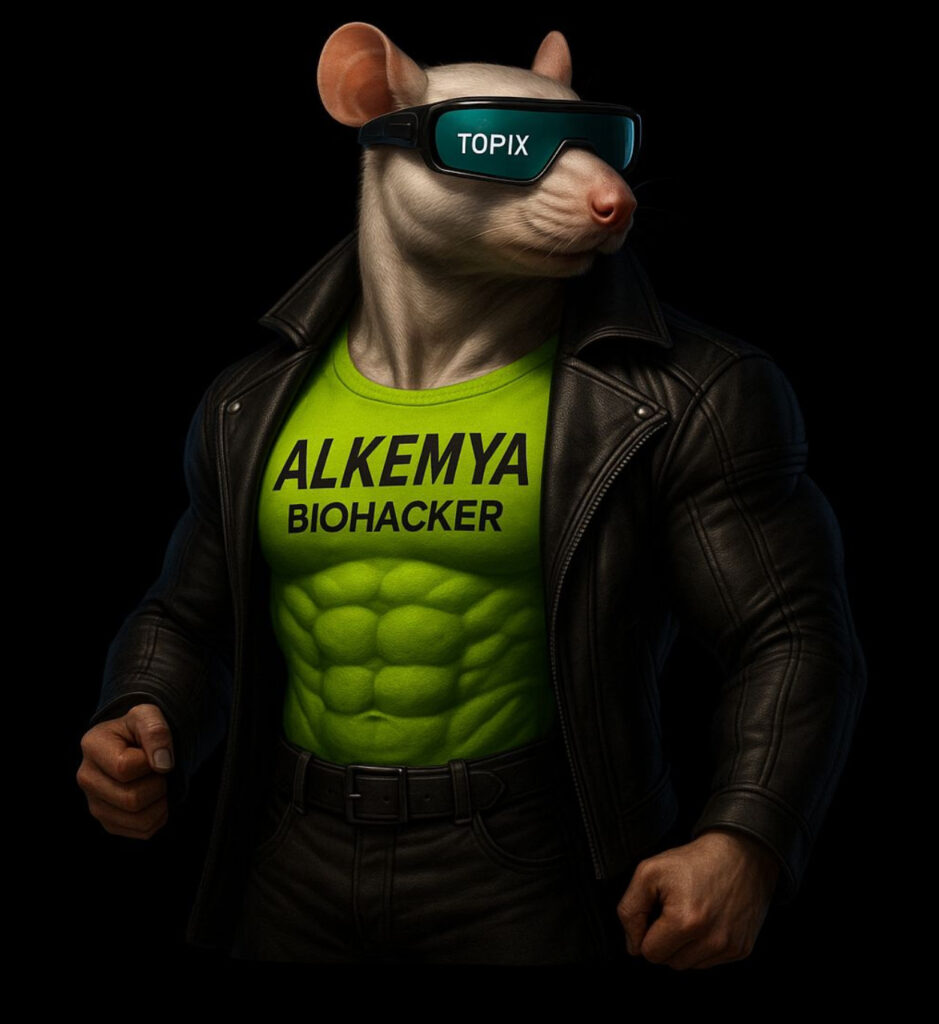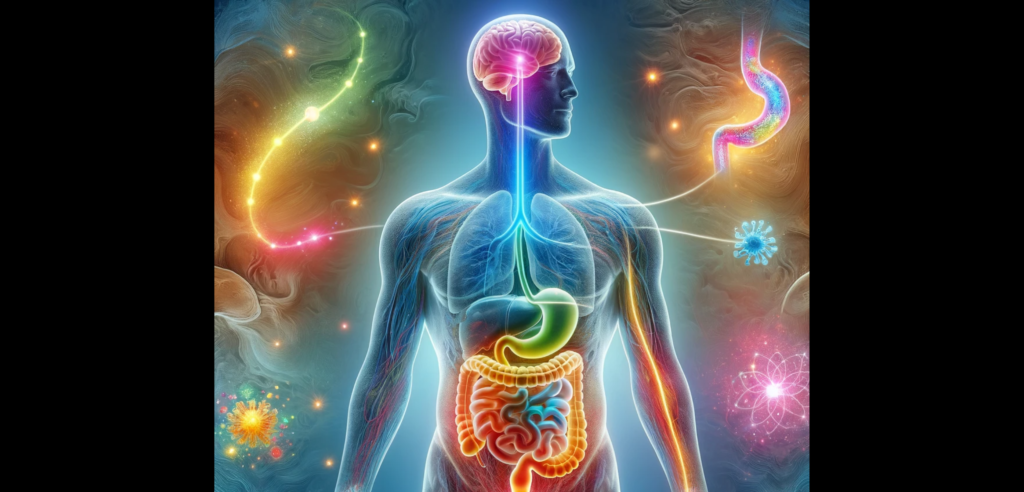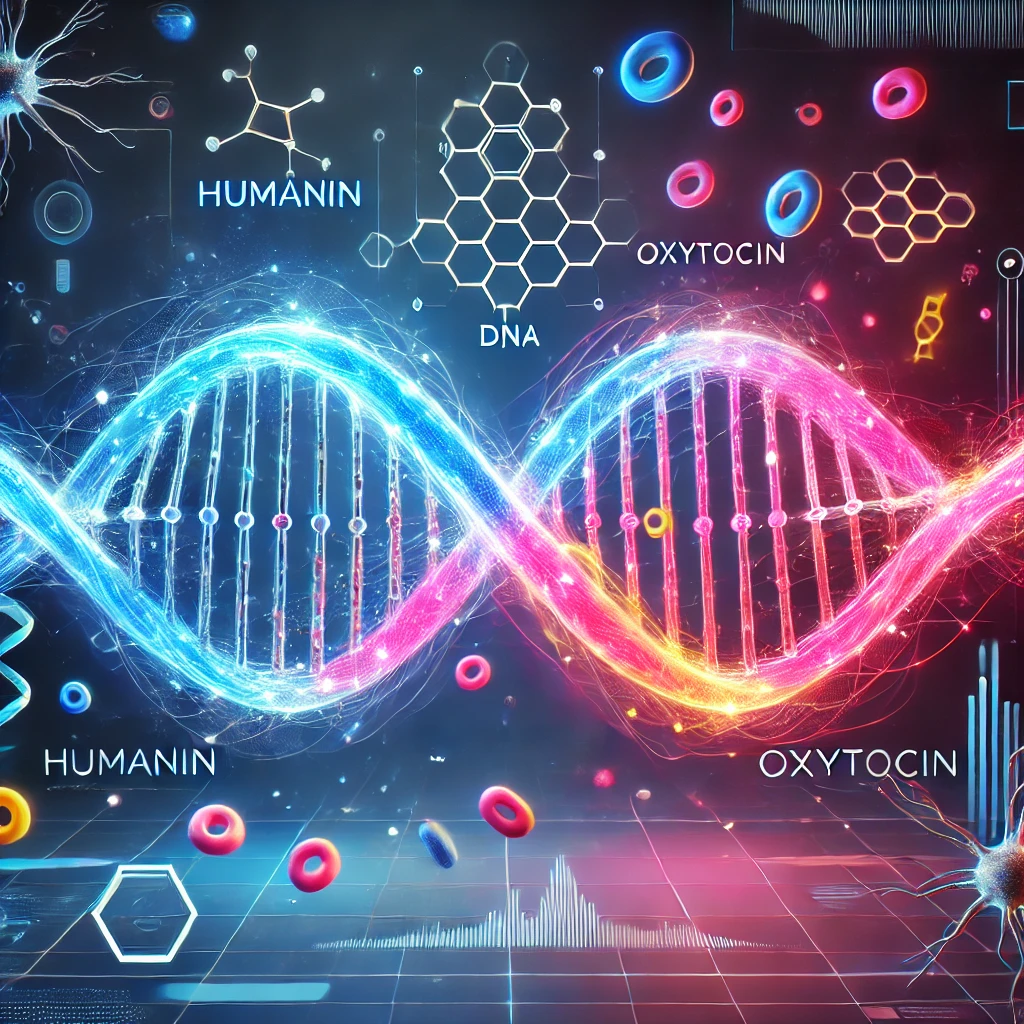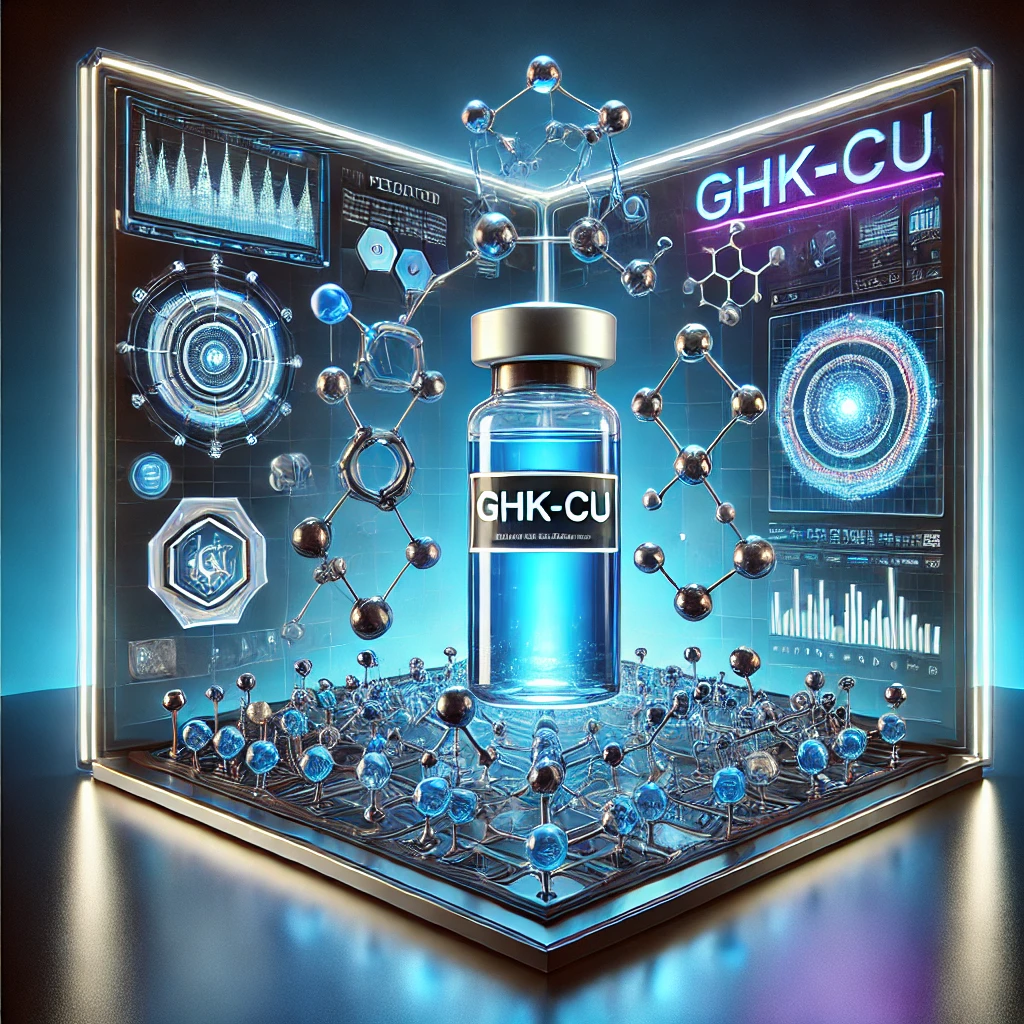The BPC-157 peptide
is mainly known for its healing and regenerative power when it comes to healing from injuries and various injuries.
In this article, starting from a recent study we will go, instead, to explore a hitherto little known aspect, namely the ability of BPC-157 to treat disorders of the psychiatric sphere.
To do this we must first understand how the brain and gut of human beings are closely connected and influence each other.
It is no accident that the gut is nicknamed, by the most enlightened physicians, our second brain.
The understanding of the brain-gut axis has its roots in the pioneering work of Russian scientist Ivan Pavlov.
We all know Pavlov from his experiments on his dogs (Pavlov’s dogs, in fact), which highlighted the crucial role of the vagus nerve in regulating acid secretion in the stomach.
Pavlov’s studies laid the foundation for a deeper understanding of the complex interactions between our brain and gut.
The brain-gut axis highlights a dynamic two-way exchange between our brain and gut, suggesting that not only does the brain affect gut functioning, but the gut in turn can have a significant impact on our mental health.
This interaction is mediated by the presence of neurotransmitters and peptidergic growth factors originating in the gastrointestinal tract, which possess anti-inflammatory and protective properties capable of preventing ulcers and positively influencing disorders at the central nervous system (CNS) level.
In therapeutic terms, this means that maintaining a balance between brain and gut health is critical.
Research supports the idea that the gut-brain axis functions as a communication mechanism that allows the gut microbiome to modulate brain function.
In other words, the well-being of our gut microbiome can have direct effects on our mental state and cognitive function, underscoring the importance of a holistic approach to health that considers the gut not just a digestive organ, but a key player in determining our mental and physical well-being.
The history of gut research is fascinating and reflects the broadening of our approach to human health.
Initially, scientific interest was primarily focused on the analysis of digestive processes and the management of intestinal infectious diseases.
Since the 1990s, the discovery of the gut microbiome-the set of bacteria that colonize the gut-has opened new horizons, revealing a complex world of gut-brain interactions with significant impacts on health, immune system functioning, and human behavior.
Understanding the importance of the microbiome marked the beginning of a new era in research , shifting the focus toward studying correlations between gut health and other health conditions, including mental health.
The discovery of the gut-brain axis further amplified interest by showing how signals from the gut can affect the brain and vice versa.
These discoveries have “elevated” the gut from a “simple” digestive organ to a key player on the psychophysical.
Recent studies have begun to investigate the role, which the gut might play, in diseases previously considered outside its sphere of influence, such as depression, anxiety, and even autism spectrum disorder, paving the way for new therapeutic possibilities.
In this context, the discovery and study of peptides such as BPC-157 take on even greater significance.
Originally explored for its wound-healing properties, BPC-157 has turned out to have much broader potential applications, suggesting a new paradigm in the treatment of intestinal disorders and in improving gut-brain communication.
Studies and Research on BPC-157
BPC-157, since its discovery, has captured the interest of the scientific community due to its surprising regenerative and healing effects.
Research on this peptide has spanned several fields, exploring its potential in areas ranging from wound healing and tissue regeneration to modulation of inflammation and interaction with the gut-brain axis.
Let’s look at some of the most significant studies and their findings.
Wound Healing
- One of the earliest and most obvious areas of application of BPC-157 was in wound healing.
Studies have shown that treatment with BPC-157 significantly accelerates the healing process in various types of injuries, including cuts, burns, and soft tissue damage.
These effects have been attributed to the peptide’s ability to promote angiogenesis and the formation of new connective tissue.
Intestinal Health
- Research has also highlighted the efficacy of BPC-157 in treating gastrointestinal disorders.
In animal models with induced intestinal damage, BPC-157 reduced the area of lesions and accelerated mucosal repair.
These results suggest that the peptide may have therapeutic applications in treating inflammatory bowel disease and disorders related to intestinal permeability including irritable bowel syndrome (IBS), Crohn’s disease and ulcerative rectocolitis.
Impact on the Gut-Brain Axis
- Perhaps one of the most intriguing aspects of research on BPC-157 is its potential role in the gut-brain axis.
Some preliminary studies indicate that the peptide may have beneficial effects on mental health, potentially through modulation of the gut microbiome and direct interaction with neurochemical pathways.
These findings open the door for future research on the use of BPC-157 in the treatment of psychiatric and neurological disorders, highlighting the complexity of gut-brain interaction.
Revolution in the Treatment of Psychiatric Disorders: The Role of BPC-157
The use of BPC-157 in the field of neurology and psychiatry represents one of the most promising frontiers in modern medicine.
The ability of this peptide to positively influence the nervous system and improve mental health opens up innovative scenarios in the treatment of disorders such as depression and anxiety, which afflict millions of people worldwide.
Research indicates that BPC-157 could exert its therapeutic effects through modulation of the gut-brain axis, a two-way communication system that links enteric function and mental health.
This interaction suggests that gut well-being is intrinsically linked to emotional and cognitive state, offering a plausible explanation for the peptide’s mechanism of action.
Mood and anxiety disorders are often treated with medications that can have significant side effects and, in some cases, limit long-term efficacy.
BPC-157, with its promising safety profile and ability to promote psychological well-being without the burdens of traditional pharmacological interventions, could therefore provide an alternative or complement to existing treatments.
While preliminary studies offer an optimistic view, further research is essential to fully understand the potential of BPC-157 in psychiatric disorders.
The current data hold out hope for new therapeutic strategies that could significantly improve the quality of life for patients with these conditions, outlining a future in which the treatment of mood and anxiety disorders could be profoundly transformed.

Testimonials and Case Studies: Testimonials and Feedback from the Alkemya Community
In exploring the potential of BPC-157, stories from users who are part of our vast Community of Wellness Biohackers who have experienced significant improvements offer a unique and valuable perspective.
Accelerated Healing from Injuries
- One documented case involves Marco, a 35-year-old amateur athlete, who suffered a muscle injury during training.
Traditionally, such an injury would have taken weeks, if not months, to recover.
After starting treatment with BPC-157, Marco noticed a significant reduction in pain and improvement in function in just ten days.
His experience highlights the potential of BPC-157 in reducing recovery time and improving healing outcomes.
Improvement of Gastrointestinal Disorders.
- Another case is that of Anna, 42, who suffered for years from debilitating symptoms due to irritable bowel syndrome (IBS).
Traditional treatment options had provided only temporary relief.
After starting therapy with BPC-157, Anna reported substantial improvement in her symptoms, including a reduction in abdominal pain and normalization of bowel function.
This case highlights the effectiveness of BPC-157 in treating complex gastrointestinal disorders and improving patients’ quality of life.
Impact on Mental Health
- Finally, there is the story of Luke, a 30-year-old professional who struggled with episodes of anxiety and depression.
Despite using antidepressants, his symptoms persisted, negatively affecting his work and personal relationships.
After incorporating BPC-157 into his treatment regimen, Luke experienced an improvement in his mood and a reduction in anxiety, contributing to an overall feeling of well-being and emotional stability.
Dosage and Administration of BPC-157
- For the administration of BPC-157 via subcutaneous or intramuscular injections, the commonly adopted dosage is about 500/1000 mcg (micrograms) per day, an amount that many consider optimal to take full advantage of its therapeutic properties.
This method of administration is optimal for the treatment of specific injuries or to accelerate the intestinal healing process, as it allows the peptide to reach the affected area directly, maximizing efficacy.
Injections can be administered once daily, preferably in the morning or before bedtime, depending on individual preference and response to treatment.
Future of BPC-157 Research and Prospects for Application
The path of BPC-157 research is rich in potential, with future prospects promising to expand our understanding and use of this peptide.
As the field of regenerative medicine continues to evolve, BPC-157 remains the focus of growing scientific interest, promising breakthroughs in the treatment of a wide range of conditions.

New Areas of Application
Future research will also explore new areas of application for BPC-157.
In addition to its known effects on wound healing and gut health, preliminary studies suggest potential in the treatment of neurological disorders, heart disease, and even protection against damage from toxins and drugs.
BPC-157’s wide range of action opens the door to innovative treatments for chronic and acute diseases, offering hope where current therapeutic options are limited.
Education and Outreach
Finally, a crucial aspect for the future of BPC-157 research will be education and outreach to physicians, patients, and policy makers.
Dissemination of accurate, evidence-based information is critical to overcome existing resistance and concerns, promoting informed and responsible adoption of the peptide in the clinical setting.
For more details click here and go to the scientific study.









